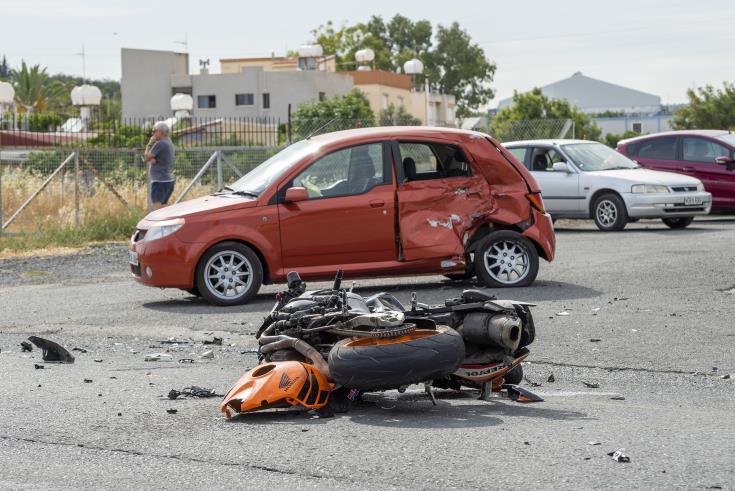Cyprus road deaths increased 6.1% last year ranking it a lowly 18th in the EU, according to the annual Road Safety PIN Report by the European Transport Safety Council (ETSC).
The number of road deaths increased in 12 countries, while progress stagnated in four.
The largest increases were registered in Israel with 17%, Denmark 14%, Slovenia 12%, Slovakia 7% and Lithuania and Cyprus with 6%.
Cyprus witnessed 52 road deaths in 2019, three more than in 2018.
Over the last 8 years, there has been a continuous fluctuation in road deaths in Cyprus, with an average of 50 deaths per year.
With the last year`s increase in the number of fatalities, Cyprus has fallen from 17 to 18 in EU27, in deaths per capita.
The Baltic States, together with Greece and Portugal, were the best performing countries in the EU according to the new report.
Greece also achieved the biggest decrease in the number of recorded serious injuries since 2010 with a 63% reduction, followed by Cyprus with 42% and Belgium 35%.
According to the ETSC, Estonia will be awarded this year’s Road Safety Performance Index (PIN) award at an online event.
“It now has a level of road mortality (road deaths per million inhabitants) comparable to The Netherlands – a remarkable accomplishment and a reflection of significant investment and strategic leadership on road safety over several years.”
The analysis also indicates that two of Europe’s traditional leaders on road safety: the Netherlands and the United Kingdom, while remaining relatively safe when compared on road mortality, had more road deaths in 2019 than in 2010.
France, Sweden and Germany have also shown disappointing progress over the last nine years with only modest reductions in deaths.
Bulgaria and Romania remain Europe’s worst performers in terms of road mortality and have also made below-average reductions in recent years.
Member States agreed on a target to cut road deaths by half in the decade to 2020.
With one year left until full data for 2020 are available, that target will almost certainly be missed, said the report.
That is likely to be the case even taking account of the significant drop in road deaths that have occurred in several countries in recent months as a result of Covid-19 lockdown policies.
“Overall, EU Member States will need to step up a gear to hit the new targets for 2030. But the recent response to the Covid-19 epidemic may signal a way forward,” ETSC Executive Director Antonio Avenoso, said.
“A dramatic shift to walking and cycling in urban areas, combined with infrastructure changes and lower speed limits, could have a massive impact on road death and injury.
But if we just revert to business-as-usual after this crisis, the results could be even worse than before,” he added.










